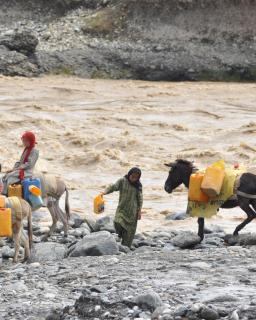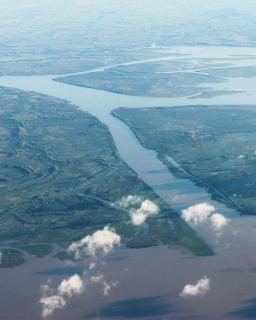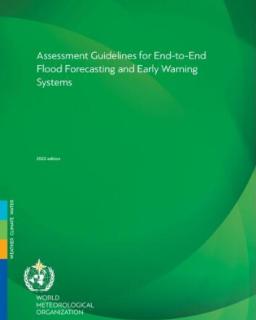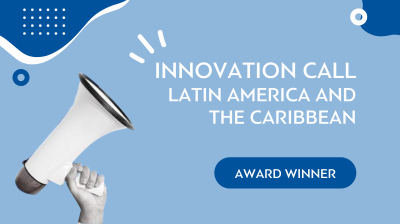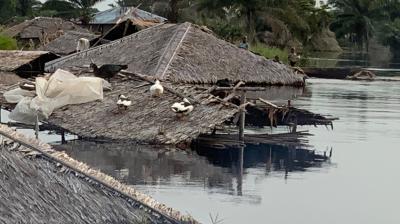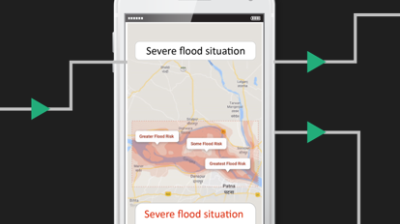
Water
Water is in constant movement across our planet. The water cycle shapes our weather and climate patterns & provides freshwater that supports all life on Earth.
Observing and monitoring the water cycle is essential for understanding how its changes impact precipitation patterns, droughts, floods, and the overall availability of water resources.
Overview
Accessible, clean, safe drinking water is critical for human health, stable human societies, sustainable development and ecosystem integrity.
Around 70% of our planet is covered by water. The ocean holds about 97% of this water, and only around 3% is freshwater. Most of Earth's freshwater is locked glaciers in and groundwater, whilst the least amount of freshwater is directly accessible in our lakes and rivers.
Water continuously moves between the atmosphere, land, and oceans through evaporation, condensation, precipitation, and runoff. This constant movement, the water cycle, influences weather and climate patterns.
Changes in the water cycle can significantly impact precipitation patterns, resulting in uneven distribution, droughts, floods, and the overall availability of water resources. Monitoring and assessing changes in the water cycle is crucial for strategic planning to adapt and mitigate the impacts of climate change, sustainably manage water resources, and preparing for water-related hazards such as floods and droughts.
Data from river discharge, lake storage and reservoir inflow, groundwater levels, soil moisture content, evapotranspiration rates, snow cover and water-related events are valuable sources of information to help understand the water cycle.
Impact
Climate change is increasing variability in the water cycle. A warmer atmosphere holds more moisture, therefore inducing a greater number of extreme weather events. Our climate is experiencing an increase in heavier precipitation episodes and flooding; at the opposite extreme, we are seeing an increase in evaporation, dry soils and more intense droughts. Glacier and ice cover are also retreating at unprecedented rates. A disrupted water cycle also reduces the predictability of water availability and affects water quality.
Water-related disasters like floods, droughts, landslides, glacier lake outbursts, and storm surges impact lives worldwide. These events impact sustainable development, biodiversity and the human right to clean water and sanitation.
The World Meteorological Organization promotes water-resource assessments by National Hydrological Services, which provide the forecasts needed to plan water storage for domestic requirements, agricultural activities, electric power generation and urban development. However, there is a need for improved monitoring, data-sharing, cross-border collaboration and assessments of water resources – and an accompanying increase in investments.
WMO also assists National Hydrological Services to establish and maintain systems for acquiring and disseminating accurate and timely information on the water cycle for formulating integrated water-resource management strategies. With more accurate and comprehensive hydrological information, assessments, and forecasts, countries can evaluate their water resources and take necessary measures to mitigate the risks of floods and droughts.
WMO's response
WMO is the lead UN agency for operational hydrology. It supports the National Hydrological Services of its Member States and Territories to develop and strengthen capabilities and services across the entire hydrological value cycle, from monitoring, data management, to service delivery and capacity development. The activities include the provision of guidance and assistance in real-time water data collection, management and sharing, hydrological modeling and forecasting, flood and drought early warning dissemination, and water resources management decision-support services.
To address global water challenges, the eighteenth World Meteorological Congress (Cg-18) defined eight long-term ambitions and developed a Vision and Strategy on Hydrology and Associated Plan of Action to fulfill them. The eight ambitions guide the development of WMO’s water-related activities and each of them represents a goal that society aims to achieve in the frameworks of sustainable development and disaster risk management.


